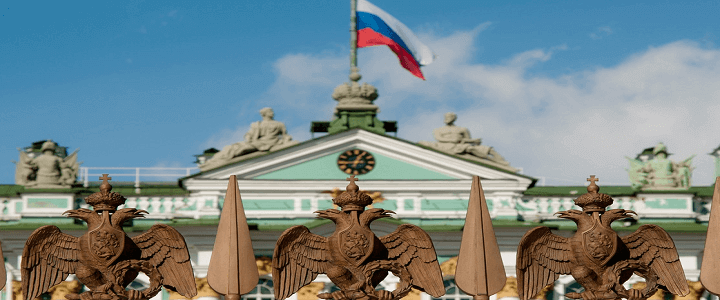Last month, the U.S. government expelled 60 Russian diplomats in retaliation for the nerve agent poisoning of former spy Sergei Skripal and his daughter Yulia in Great Britain. Even as the U.S. contemplates resettling the Skripals in America with new identities, word emerged Wednesday that among those expelled diplomats were spies responsible for identifying and surveilling Russian defectors.
While the CIA is responsible for overseas espionage, it is prohibited by law from operating within the U.S. The counterintelligence mission — discovering who among the foreign diplomatic corps is really a spy and who within our own government is spying for the other side — belongs largely to the FBI. And they’re pretty good at it.
The Skripal poisoning gave the U.S. the justification necessary to expel people it knew were bad, but about whom it could do nothing without tipping its hand. In one respect, it should be comforting to know that American counterintelligence officers were good enough to know that these Russians were up to no good. But this case reveals just how precarious a situation these former spies find themselves.
Putin’s British killing spree
No secret is perfectly safe, even in the witness protection program. And when Vladimir Putin is involved, no former spy is safe, either. The Skripal case and the poisoning of Alexander Litvinenko with polonium-laced tea are but two examples of Putin’s brash willingness to settle old scores.
BuzzFeed News has (perhaps somewhat surprisingly) done excellent work exposing the former spymaster’s trail of suspicious deaths across Britain, including:
- Russian diplomat Igor Ponomarev, who died suddenly just days before Litvinenko, after exhibiting symptoms that suggested poisoning. He was scheduled to meet with an Italian investigating Russian security service activities there.
- Yuri Golubev, who ran the now-defunct Russian oil company Yukos, was close friends and business associates with an outspoken critic of Putin. The Independent reported in 2007 that evidence suggested “he died peacefully, possibly in his sleep.” Intelligence officials think he was assassinated.
- Financier and whistleblower Alexander Perepilichnyy, who appears to have been poisoned during a trip to Paris in 2012.
Putin hasn’t confined his activities to just Russians, either. In 2010, police found the body of British spy Gareth Williams inside a padlocked gym bag in his bathtub. And in 2016, Matthew Puncher, the scientist who proved Russian involvement in the Litvinenko poisoning, was found dead in what was officially ruled a suicide. He supposedly stabbed himself multiple times.
The secrets usually come out
Benjamin Franklin wrote, “three may keep a secret if two are dead.” Whenever someone tells me the latest conspiracy theory, I remind them of this truism. The sad fact is that when it comes to keeping secrets, humans just aren’t that good at it — even the ones with security clearances.
That’s not always a bad thing. The public is just now learning about this troubling Russian surveillance, but that doesn’t mean the FBI just figured it out. They’ve been spying on the spies, and doing it well.
While Americans worry with some justification about the intrusion of the “surveillance state” on personal liberties, against the backdrop of Russian intelligence operations in Britain, these capabilities are more than justified. It’s not paranoia if they’re actually out to get you.
When someone is determined to discover someone else’s secrets, they can usually find a way. This is not to say that we don’t still have the obligation to maintain our nation’s secrets; we certainly do. But we can be thankful that there are people on our side who are good at getting the other side to reveal theirs.




